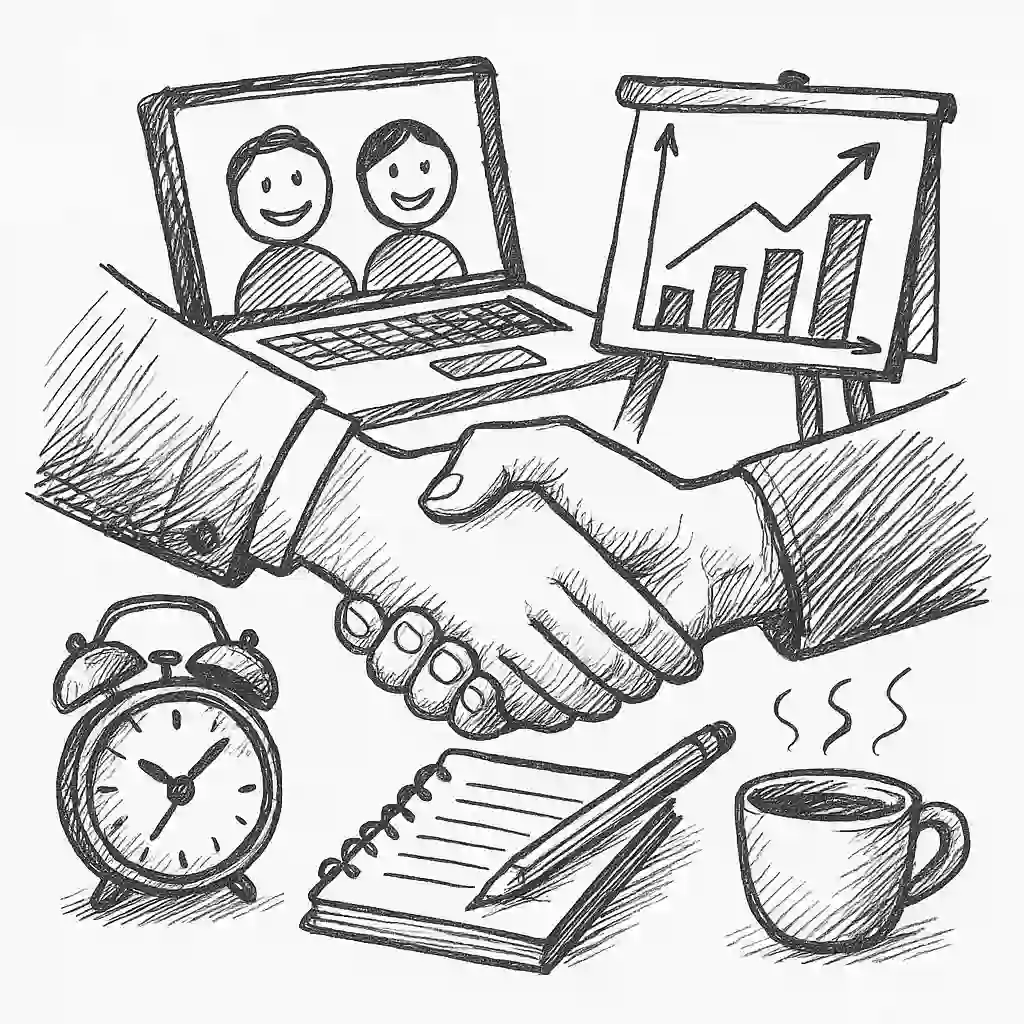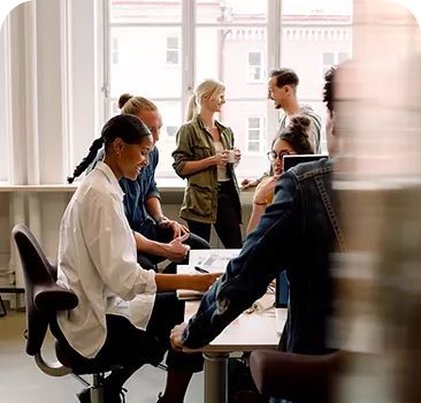Is it a group, or a team?
Navigating team dynamics, including your own role within the team, can pose some tricky dilemmas. The Meta-Problem Method can help you resolve them.
One of the first dilemmas you’ll face when joining a new group of colleagues is figuring out whether they know how to act as a team. How well do they collaborate? Do they know how to bring out the best in each other? Can they critique each other’s work in a way that generates new options rather than conflict? Where are the decision-making boundaries?









